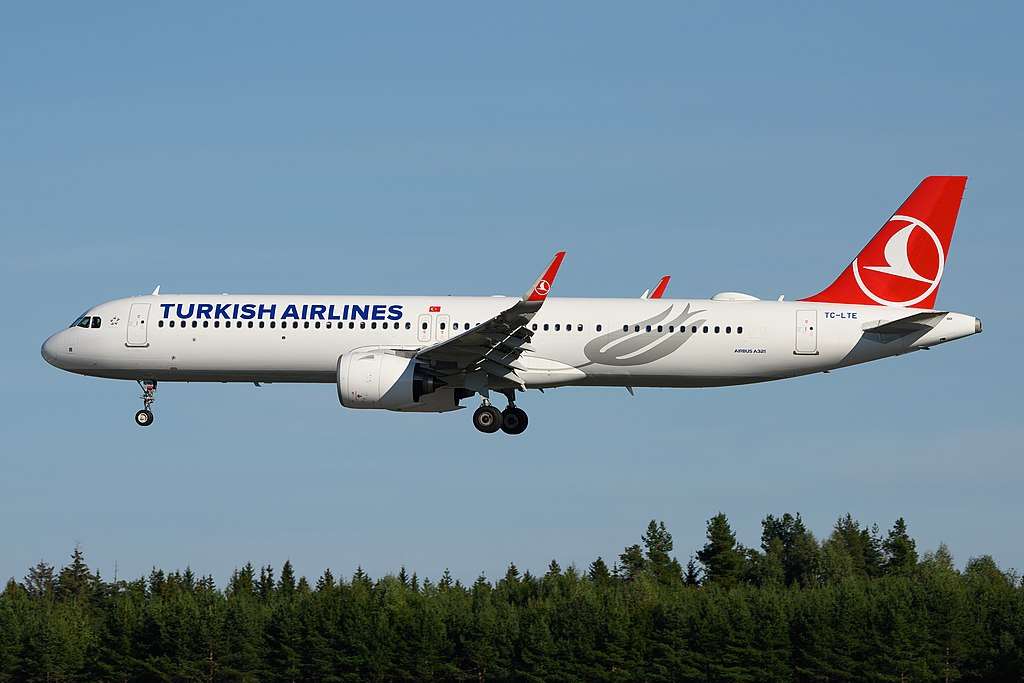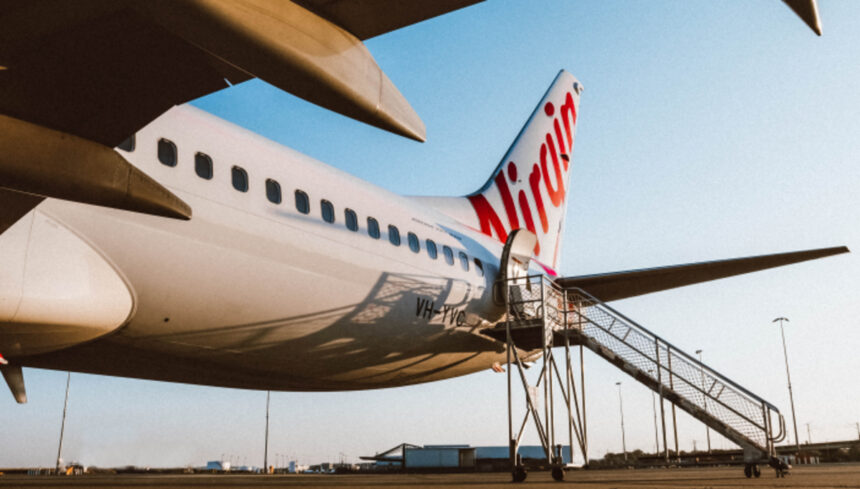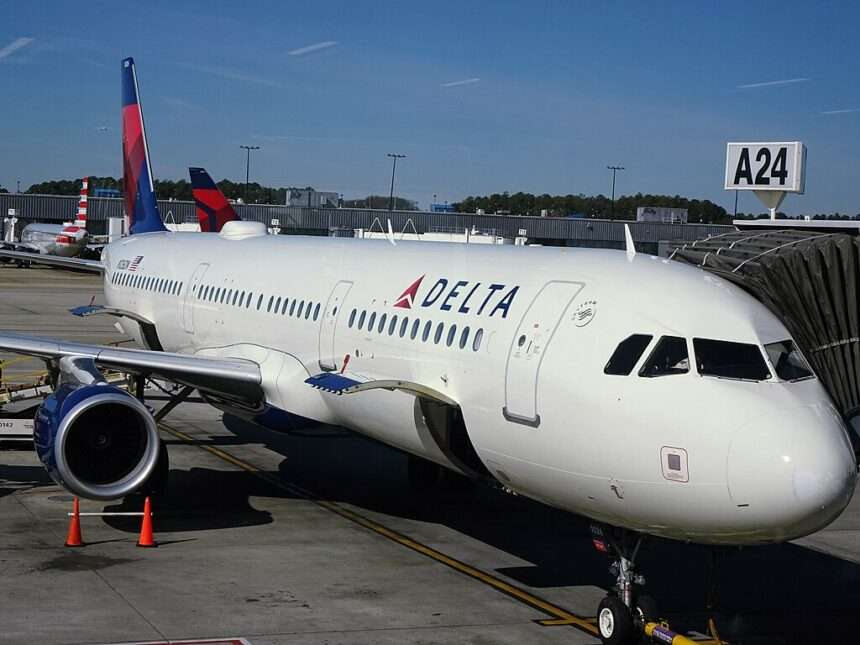Turkish Airlines has grounded four Airbus A321neo aircraft in Istanbul due to engine issues. The affected aircraft are powered by Pratt & Whitney PW1100G-JM engines, which have been plagued by problems since they were first introduced.
Turkish Airlines problems
In an incident in February this year, a Turkish Airlines A321neo operating a scheduled service from Istanbul to Munich was forced to return to Istanbul shortly after takeoff due to an engine failure.
The parking of four aircraft has become the latest engine related issue for the Turkish airline. It is understood that the four aircraft have not been in operational service since late March this year.
The problems with the PW1100G-JM engines are due to a number of factors, including oil leaks, compressor stalls, and high-pressure turbine blade failures. Pratt & Whitney has been working to address these problems, but they have not yet been resolved.
As a result of the engine problems, Turkish Airlines has withdrawn the four A321neos from service, which have been identified by ch-Aviation. This has caused some disruption to the airline’s operations, but Turkish Airlines has said that it is working to minimize the impact on passengers.
The engine problems with the A321neo are a continuing issue, and have resulted in similar groundings and operational disruptions with other operators globally.
The widespread problems are perhaps also a reminder that even the most advanced aircraft and engines are not immune to problems.
The problems have been most common with the PW1100G-JM engine, which is the most powerful engine option available for the A321neo.
[monsterinsights_popular_posts_inline]
Other operators affected
The problems have dogged two Indian airline operators of the aircraft; IndiGo and Go First. In May, low-cost carrier Go First filed for bankruptcy at the National Company Law Tribunal (NCLT), citing aircraft groundings arising from spare parts supply as the problem.
Rival low-cost airline IndiGo suffered similar misfortunes with its affected fleet aircraft; reporting groundings of approximately 10 percent of its fleet back in November 2022.
In the southern hemisphere, Air New Zealand was similarly forced to temporarily ground two of its A320 family aircraft in April, 2023.
Pratt & Whitney rectification actions
Pratt & Whitney is proactively moving to address problems associated with the GTF engine. Notably, casting production has now risen by more than 40% year to date.
With respect to aftermarket capacity, more engines are being returned to service than are being removed for maintenance and as a result, Pratt & Whitney sees aircraft on ground (AOG) rates coming down through the end of 2023.
In a recent update, the manufacturer noted: “Pratt & Whitney expects industry-wide supply chain pressures to ease later this year, which will support increased output of new and overhauled engines.”
“In the interim, we are providing direct logistical support to our suppliers as well as developing solutions to improve engine durability in hot and harsh operating environments.”
“Ultimately, the GTF engine is the most fuel efficient, sustainable engine for narrow-body aircraft and we continue to see strong demand.
Engine problem in summary
The Pratt & Whitney PW1100G-JM engine is a turbofan engine that powers the Airbus A320neo and A321neo aircraft.
The engine has experienced protracted issues since it was introduced in 2016. These issues have included high oil consumption, engine failures, and delays in engine deliveries.
In 2018, the European Aviation Safety Agency (EASA) issued an airworthiness directive (AD) requiring airlines to inspect the engines for oil leaks and other problems.
The AD also limited the number of hours that the engines could be operated before they needed to be inspected.
In 2020, Pratt & Whitney announced that it would be halting production of the PW1100G-JM engine. The company said that it was making the decision in order to focus on fixing the problems with the engine.
The problems with the PW1100G-JM engine have had a significant impact on the airline industry. Airlines have been forced to cancel flights, delay deliveries, and spend money on repairs.
In the meantime, the engine manufacturer is continuing to make headway with its rectification actions, amidst extremely strong continuing demand for the engines, with over 10,000 customer orders and commitments.









